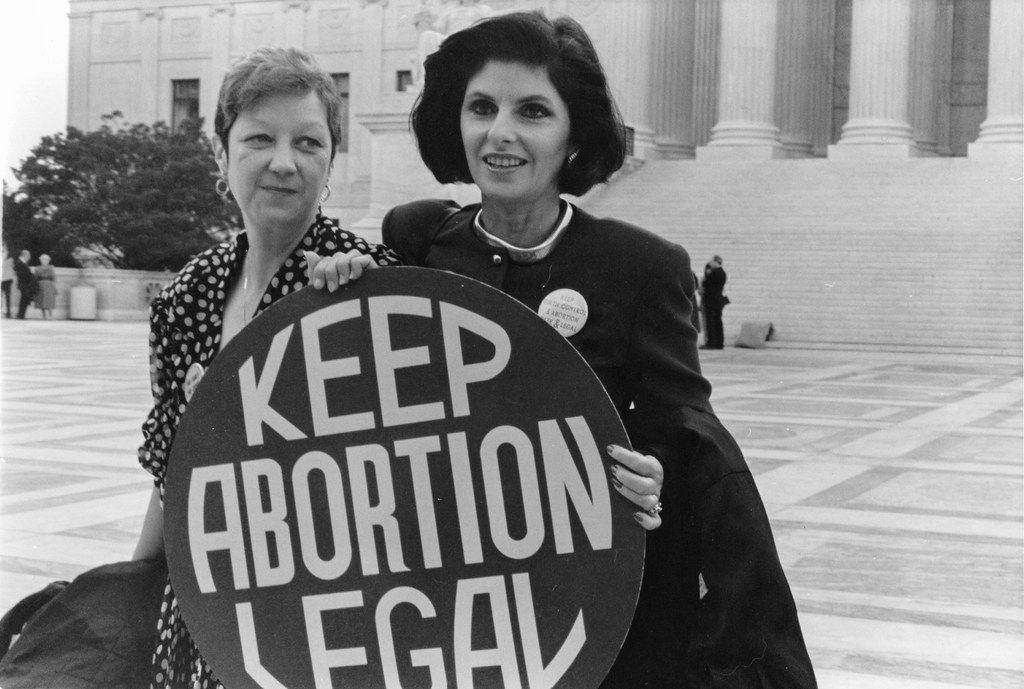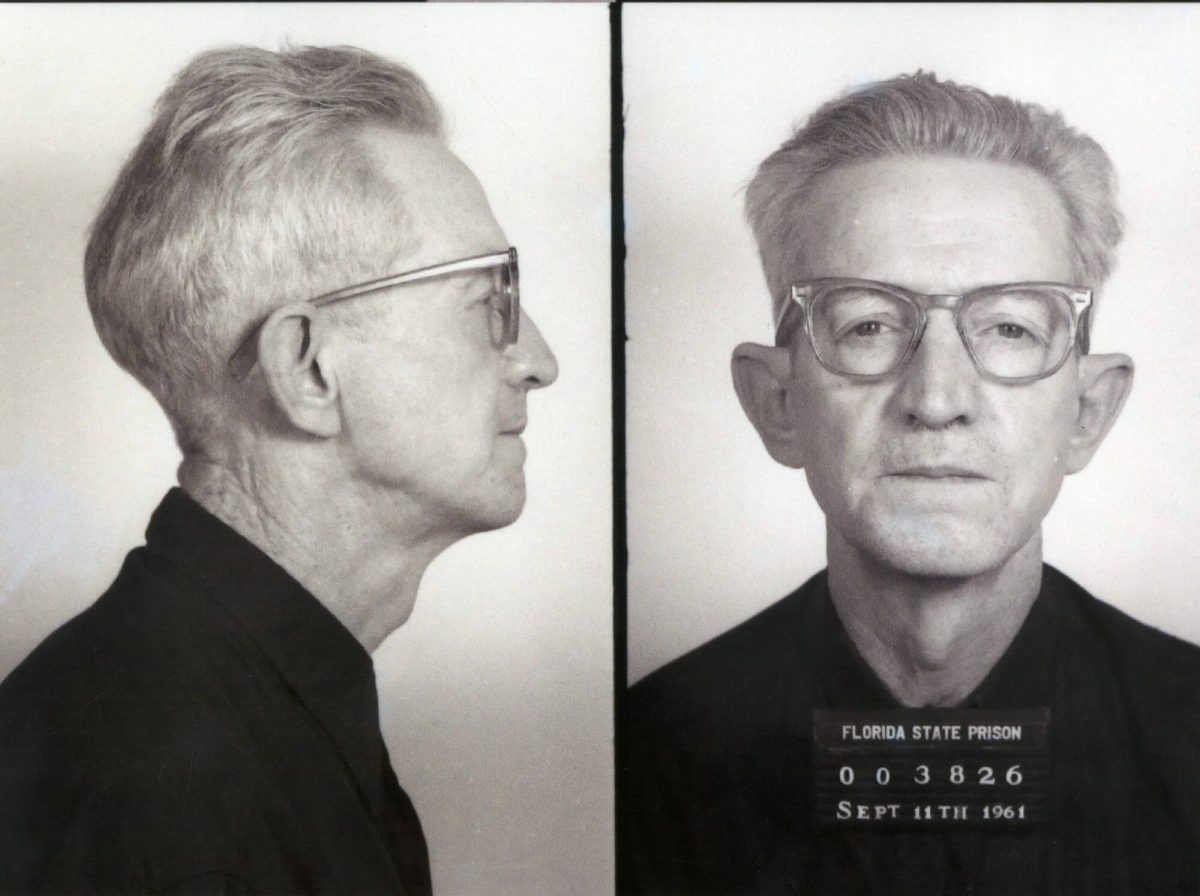Living ethically in today’s world is more than just a chore. It is a deliberate task that you must put time and effort into. For me, living ethically is deciding what I purchase, where I purchase it from and other factors. This process can’t be used for every item I purchase because then I would never be able to buy anything I want or need on time. So, living ethically is not just making conscious decisions but knowing when it is okay to choose comfort or affordability over sustainability.
The key to living in today’s world is to balance being mindful versus buying a product because it is incredible or cheap. To do so, consider the small changes you can make to be more sustainable and thoughtful in your purchases and life. For instance, try reducing your use of plastic by having a reusable water bottle that you carry everywhere, but also using that water bottle until you can’t anymore. Or use reusable Tupperware and bags for leftovers and other items. These small switches reduce your purchases of plastic more than you think. One issue with reusable items is the difficulty of keeping them clean or sanitary, as a Ziploc won’t last very long if you continue to wash and use it. This is why having alternatives like beeswax paper for saran wrap, silicon bags that close for Ziplocs and glass or metal bins for food is a good alternative. These switches aren’t always affordable or accessible to people, but the idea is to make small changes in your life and think about how you lessen your consumerist tendencies while increasing the longevity of your purchases. In the long run, this could save you money too.
Some of the more difficult decisions in ethical living are focused on your habits, which are hard to break. I reflect on my life and tendencies frequently to improve how I think of the world and others. You must reflect on your life first to recognize your habits before you can change them. Think about how much water you use when showering or washing your teeth. Think about when you turn your lights on and off or how long your air conditioner or heater is running.
Additionally, how do you navigate the world and travel? Do you drive, take a train, walk, bike or fly frequently? You can reduce your consumption of fossil fuels and carbon emissions simply by biking instead of taking a cab. These reflections on your habits can help you turn your life into a more sustainable practice that adapts as the world does.








